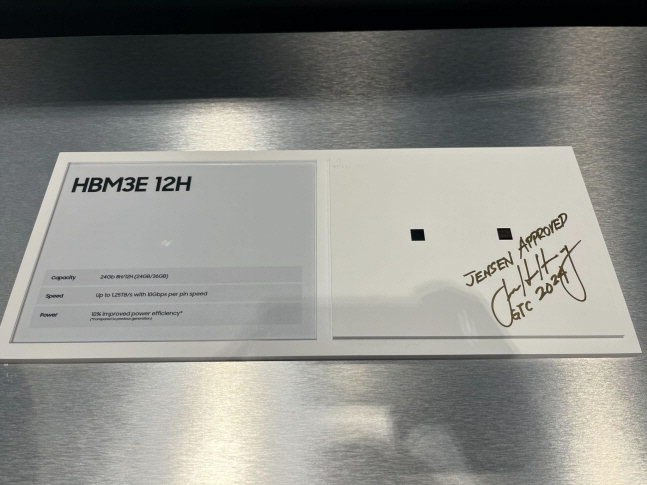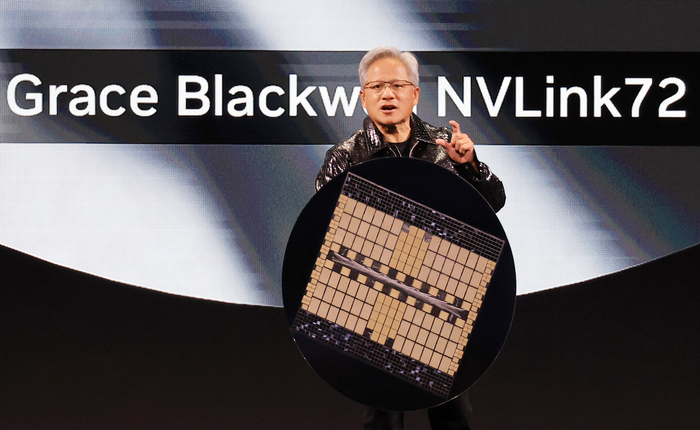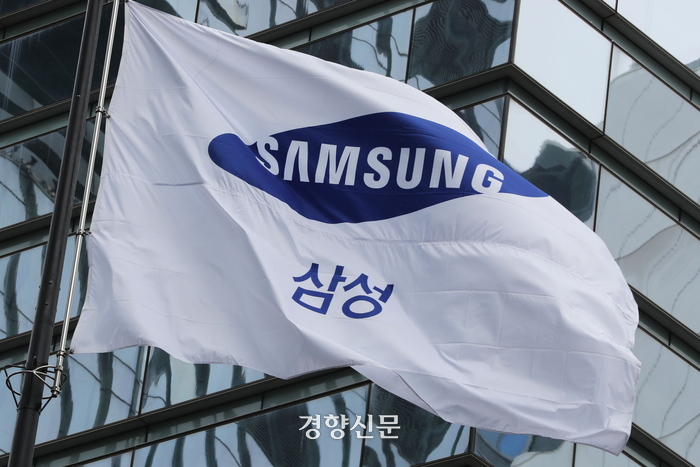Samsung Reshuffles Leadership to Boost Semiconductor Performance
Samsung Electronics reshuffles its leadership to strengthen semiconductor performance, aiming to reclaim its edge in the competitive AI chip market.

Key Points
- Samsung Electronics
has appointed Jun Young-hyun as co-CEO and head of its memory chip business to enhance leadership and streamline decision-making.
- The recent executive reshuffle aims to address a significant decline in operating profits and regain competitiveness in the AI chip market.
- With a focus on innovation, Samsung is committed to overcoming market challenges and leveraging its expertise to boost growth in the semiconductor sector.
In a strategic move aimed at revitalizing its semiconductor business, Samsung Electronics recently announced a major executive reshuffle. This decision comes in response to heightened competition in the semiconductor sector, especially in the areas of high-bandwidth memory (HBM) chips crucial for artificial intelligence (AI) applications. With the stakes higher than ever, Samsung is determined to reinforce its leadership, particularly amidst a backdrop of growing concerns over its performance compared to competitors like
and Taiwan's TSMC.

Key Leadership Changes
The changes announced on September 27, 2025, are significant. Jun Young-hyun has been appointed as the new head of Samsung's memory chip division and will serve as co-CEO. This dual role places him directly in charge of the company's memory chip operations, emphasizing its critical importance in the overall business strategy. Alongside him, Han Jin-man has been promoted to lead the foundry business, which produces chips for external clients, marking a proactive step to streamline operations and enhance performance.
In addition, Samsung has created a new chief technology officer position within the foundry business, appointing Nam Seok-woo, who previously oversaw chip factory engineering and operations. These changes reflect a robust effort to address pressing challenges in both memory and foundry divisions.
Addressing the Chip Crisis
This reshuffle is being viewed as a necessary reaction to Samsung's "chip crisis", a term that has been increasingly employed in discussions surrounding the company's semiconductor division. Recent reports indicated a staggering 40% decline in operating profit for the semiconductor business in the third quarter, causing alarm among investors. Samsung's market share in high-performance AI chips has been threatened by its rivals, particularly after falling behind in supplying essential components to AI hardware leaders like
.
The reshuffle is strategic, occurring at a time when the company must adapt to a rapidly evolving market landscape and address investor concerns about declining share prices, which have dropped over 25% this year. Analyst reactions have been mixed, with some expressing disappointment at the reliance on existing executives rather than welcoming new, external talent. However, it is crucial to acknowledge the existing team's depth of experience and understanding of the company's challenges.
The Importance of Innovation in the Semiconductor Industry
Innovation remains a key driver in the semiconductor industry, particularly as demand surges for high-performance chips. The global shift towards AI and machine learning technologies has intensified the race among semiconductor manufacturers. The timely launch of advanced memory technologies, like HBM, could position Samsung at the forefront of this evolving landscape.
In excess of this push for innovation, the reshuffle sends a strong message: Samsung is committed to reclaiming its status as a leader in the semiconductor sector. The decision to place Jun at the helm of the memory division reflects a clear intent to streamline decision-making processes and drive technology development faster, which is essential in a market characterized by rapid advancements.
Future Outlook
As we look ahead, several considerations come to the forefront regarding Samsung's position in the semiconductor race. The newly appointed leaders are expected to implement strategies that can regenerate growth and adapt to the ongoing economic volatility. The potential tightening of regulations concerning technology transfers to China under the incoming U.S. administration also poses a challenge that Samsung must navigate with agility.
The reshuffling is not merely a change of personnel; it signifies a renewed commitment to overcoming current market challenges and leveraging existing expertise to identify new growth avenues. Samsung's approach emphasizes resilience and adaptability in a competitive landscape. As the company charts its path forward, ongoing innovations in its semiconductor offerings will be essential to stay ahead.
With these dynamic changes, Samsung Electronics aims to not only strengthen its semiconductor business but to propel the entire company towards a brighter and more competitive future. The enhanced leadership structure, focusing on critical areas like memory and foundry operations, is intended to position Samsung Electronics favorably against its rivals as it continues to prioritize technological excellence and market responsiveness.


